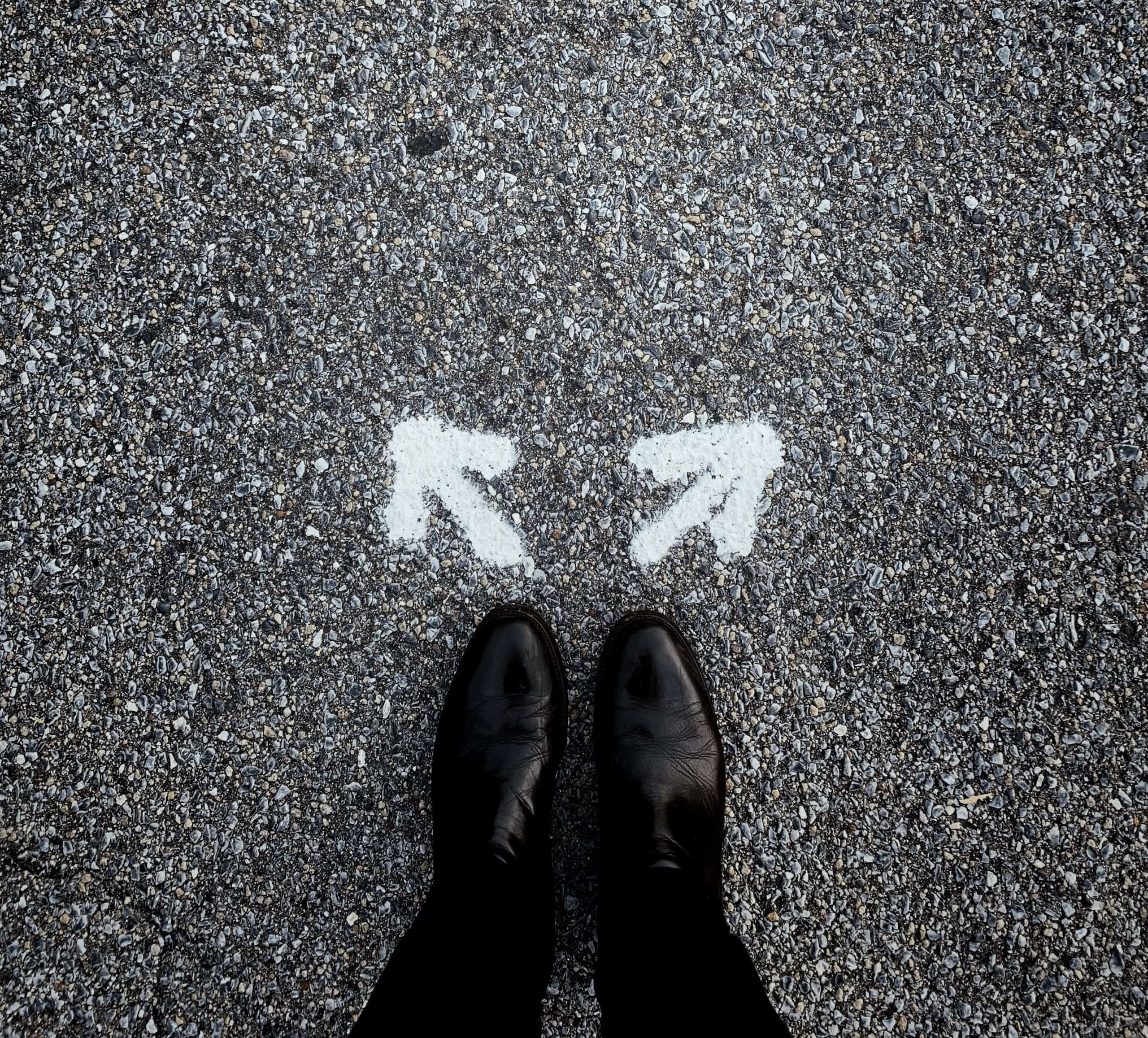
Photo by Jon Tyson on Unsplash
If getting mad at God for all of the evil in the world is getting mad at the wrong person, then to whom, or to what, should we direct our ire? Because, while true that evil does not come from God, its cause must nonetheless still be accounted for. An effect, after all, must have a cause. And since, as a privation, evil is not a thing in itself, does not exist per se, its cause must be in some good that is not perfect and therefore capable of evil. And that good which is the cause of evil is the creature, who, by definition, is not perfect and therefore capable of deficiency. This is, after all, one of the major differences between the creature and the Creator.
Perfect Creator
In possessing the perfection of all things, God must not lack any perfection in His free will, meaning that He cannot possess the human imperfections in the will of “potentiality” (i.e., is not yet, but could be) and “mutability” (i.e., capable of change). God, by contrast, is “pure act” and “immutable.” As such, God has not the power to choose evil. This is especially true when it comes to choosing the moral evil of sin, which is a turning away from the Divine goodness, for this would be a choice in opposition to His very Being.
This moral evil of sin consists in choosing some real or apparent good in opposition to the Supreme Good, God Himself. Yet only a finite, limited being could choose something other than God, Who necessarily loves Himself and so cannot wish anything other than Himself. So it is impossible for God to actively will the evil of sin, all sin standing out of harmony with the nature of His will.
Imperfect Creature
In contrast to God, the creature, who is not the source of its own existence, is, by definition, imperfect. That does not necessarily mean morally imperfect, but certainly ontologically imperfect: the creature is not God, and therefore not goodness itself, and therefore capable of falling short of goodness itself, and therefore imperfect.
This is why, for example, our ultimate happiness can only be found in God. Happiness is found in the perfect good, where nothing is lacking and nothing else desired. But only God is Goodness Itself, while everything else, all created goods, are good merely to the extent in which they participate in He Who is Goodness Itself. As such, it is impossible for any created good to be perfectly good—the creature, by definition of being a creature, cannot be goodness itself.
Reaching for Happiness
And so we read in Ecclesiastes 1:2, “Vanity of vanities, says the Preacher, vanity of vanities! All is vanity.” What’s the point to it all?! The cars, the money, the house, even spouse, the children…here today, gone tomorrow. Only the Uncreated Good, only the Creator Himself, can be the object of our happiness. And our happiness can only be found in union with God by knowing and loving Him, since only He can satiate us as the perfect good, as Goodness Itself. As St. Augustine famously wrote in his Confessions:
“Great art Thou, O Lord, and greatly to be praised; great is Thy power, and of Thy wisdom there is no number. And man desires to praise Thee. He is but a tiny part of all that Thou has created. He bears about him his mortality, the evidence of his sinfulness, and the evidence that Thou dost resist the proud: yet this tiny part of all that Thou hast created desires to praise Thee. Thou dost so excite him that to praise Thee is his joy. For Thou has made us for Thyself and our hearts are restless till they rest in Thee.”
Hence, union with God in the interior life is the “one thing necessary,” as our Lord says in Luke 10:42 in the story about Mary and Martha. Thus God, the perfect good, Goodness Itself, can in no way be said to be the source of evil in the world. However, the imperfect creature is, by contrast, capable of deficiency, of “falling short,” so to speak. So when we question who, or what, to get mad at with all of the evil in the world, the first thing that we should do is look in the mirror!

